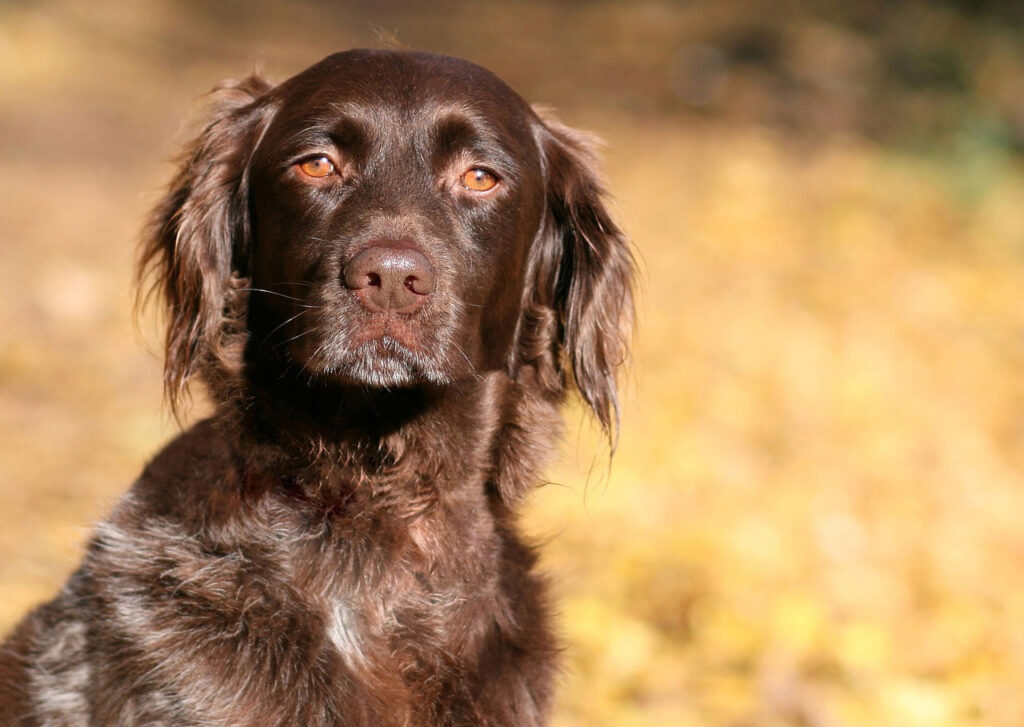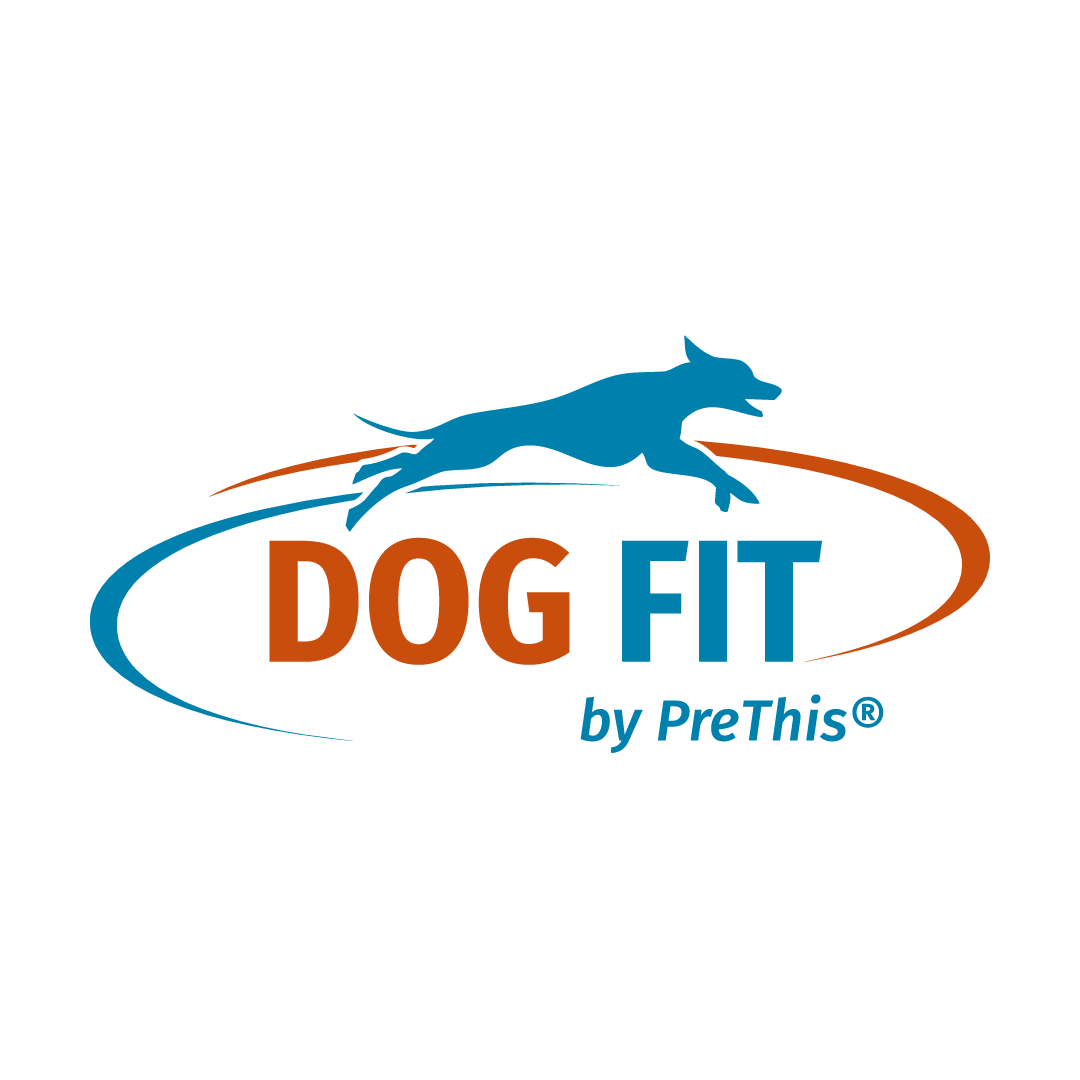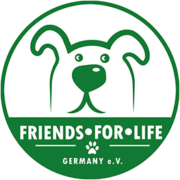 What were those times when at Granny or on the farm gave what was left of the food for the dogs. Whether that was good for the dogs is another matter, but compared to many industrially produced dog foods today, it was definitely better. What? Eating off the table was better than many of today’s dog foods? Yes, you’ve read that correctly! Unfortunately, over 90% of all feed is industrial feed, filled with cheap fillers, flavor enhancers, slaughterhouse waste, sugar, artificial preservatives and additives. Well, grandma at least knew exactly what was in the cooking pot and also in the dog bowl. Do you know exactly what’s in dog food? Do you understand the declarations on the label 100%? Do you even know what an industrial feed is?
What were those times when at Granny or on the farm gave what was left of the food for the dogs. Whether that was good for the dogs is another matter, but compared to many industrially produced dog foods today, it was definitely better. What? Eating off the table was better than many of today’s dog foods? Yes, you’ve read that correctly! Unfortunately, over 90% of all feed is industrial feed, filled with cheap fillers, flavor enhancers, slaughterhouse waste, sugar, artificial preservatives and additives. Well, grandma at least knew exactly what was in the cooking pot and also in the dog bowl. Do you know exactly what’s in dog food? Do you understand the declarations on the label 100%? Do you even know what an industrial feed is?
Dogs and their diet
Fortunately, the trend is towards fresh food, and more and more dog owners are coming to fresh food and they provide their dog with a species-appropriate diet. However, if you want to put together the rations yourself, you must first find out exactly what to look out for when it comes to fresh dog food. A piece of meat is not enough. A sufficient proportion of animal foods that cover the protein requirement is of course immensely important for dogs. Then vegetables, fruits, herbs, carbohydrates, bones (calcium sources) and oils/fats are also important. These are the basics for a correct and, above all, species-appropriate diet. Even if you think your dog is a pure carnivore, you are wrong. As a dog owner, it is simply part of being smart in this area and not starting from the human understanding of nutrition.
Many manufacturers of dog food know very well that many dog owners assume that meat is the most important thing for a dog and let them believe that. Some time ago there was even a nonsensical competition for the highest proportion of meat in the feed. You could read 90% meat in the feed. For example, “Fresh beef” in the declaration says nothing at all.
Your pet dog, whether small or large and how cute it may be, has almost the same dietary requirements as a wolf. This has not changed even after thousands of years. A wolf literally eats its torn prey with skin and hair and since it also eats the stomach and intestines and thus also the contents, it also gets the nutrients it also needs. This proportion is about 20-30%.
Why your dog should suddenly eat differently is a fairy tale in the feed industry. Unfortunately, tartar, bad breath, inflammation, greasy fur, intolerance, etc. are often the consequences. What’s more, it’s a billion-dollar market! Nowhere else can you make so much money with the cheapest content. The advertising ensures that absolutely useless food is talked about well or made “tasty” by the price. And where do you get hypoallergenic food, for example, as soon as an intolerance has set in? Most likely from the same feed supplier. A rogue who now thinks evil 🙂
However, if you want to use a ready-made complete feed, that is also possible. Luckily there are also good manufacturers in Germany, albeit very few.
If possible, please do not skimp on food! It does not have to be the expensive luxury food variant, because even that is no guarantee of quality, but cheap food simply cannot offer good enough quality. Above all, it should be noted that no aroma additives, artificial vitamins, sugar, acrylamide, cereals, corn and starch are included and that the protein content is from a reliable and clearly divided into % muscle meat, % heart, % lung, % offal, etc source and not artificially pushed upwards by slaughterhouse waste (animal by-products, meat meal or meat protein).
The additives mentioned do not belong in any dog food and the list is only part of what can be found in many dog foods if you know what to look for. Grain and corn don’t belong there either, they are cheap fillers to get the selling weight and the breeding ground for toppings, Tartar and intolerance.
And now the following addressed directly to you (there are many dog owners who know their way around very well, so please don’t feel addressed):
Your dog can no longer take care of its own nutrition, you are responsible for it. If you cannot take on this responsibility, your dog is in the wrong hands. Yes, but how am I supposed to know all this, I have to trust a manufacturer when it comes to the food. Do you have to? Dog food is not food for humans (and a certain skepticism is always advisable here, too), not everything has to be declared clearly and understandably with animal food. Do you care so little about your dog’s health that you don’t want to bother learning about it? Sorry if this sounds harsh, I really don’t want to offend anyone, but it’s the truth.

The content of the articles is for general information purposes only and does not replace diagnosis or treatment by a veterinarian. Reviews or testimonials are individual reports from verified customers. This information does not constitute medical advice and should not be understood as such.
Our daily inspiration comes from the special moments with our dogs. Here we share this enthusiasm and invite you to become part of the DOG FIT community on our social media channels.


Leave a Reply